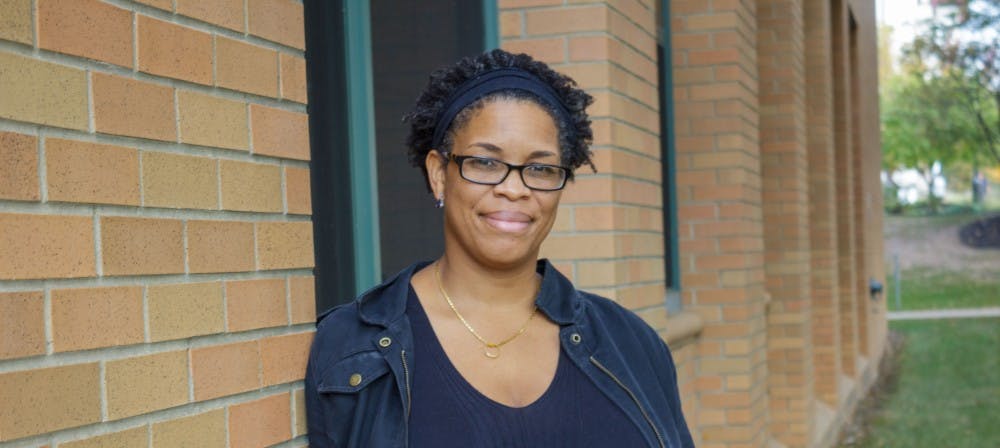Patricia Matthew, associate professor of English at Montclair State University and author of the recently published book "Written/Unwritten," visited Chapel Hill on Tuesday to host a lecture on “Diversity in the Public Arena.” The lecture, hosted by the UNC Institute for the Arts and Humanities, was driven by the content of Matthew’s book and addressed the need for diversity and inclusion in university communities, particularly for faculty who are persons of color.
Staff writer Hannah Lang spoke with Matthew about her work, her hope for change and how students can help.
The Daily Tar Heel: How did you start studying discrimination in the academic community? What made you want to publish a book on this subject?
Patricia Matthew: I was concerned about the story I heard about four women of color at the University of Michigan, who had all been denied tenure from the same joint department. It was weird, because there were five people who went up, four women of color and one white man, all people of color (who) were denied tenure by their department … I thought, “That’s really odd, that’s odd, you know — four at the same time.” And as a result of that, there was a conference that gathered information to show that (University of) Michigan had a history and a pattern of denying people of color tenure, so I wanted to know if other people were having the same problem across the country. There were books out there that talked about it. But I was less interested in "tell me your story of discrimination" and more interested in "what was your experience like"… And I wanted to hear from different people around the country. I didn’t want it to just be the Northeast, or the South or the West; I wanted to hear from as many kinds of academics and different kinds of institutions and different walks of life as possible.
DTH: What issues did you notice that you thought merited the most focus, out of everything you came across?
PM: I was really shocked that women's studies had denied a woman of color tenure. I think there’s this narrative that women's studies, you know, is women, and they’re fighting the patriarchy — and that doesn’t mean they don’t have standards, but the woman they denied tenure had a pretty astonishing thesis. And so my question was, if women studies, (which has) in theory been this more progressive radical space that was supposed to dismantle hierarchies, was a problem, then, you know, that was a pretty big problem … I thought, “Well, if it’s happening in this progressive, supposedly left-leaning corner of the academy, then there’s a much bigger problem than I had realized.”
DTH: What change are you hoping that your book will inspire?
PM: I would like people of color to feel like they’re not alone, that they’re not isolated … I hope that faculty and administrators can understand the ways that they get in their own way when it comes to diversity and inclusion … I just want people to question things that they’ve taken for granted … I’d like them to understand that the things that seem like the normal business of the academy — I don’t think it’s good for anyone — but I think that it’s particularly bad for people of color.
DTH: It seems like your book talks about more socially ingrained racial barriers. How can students act in a way that either doesn’t contribute or works to eradicate those barriers in the academic community?



